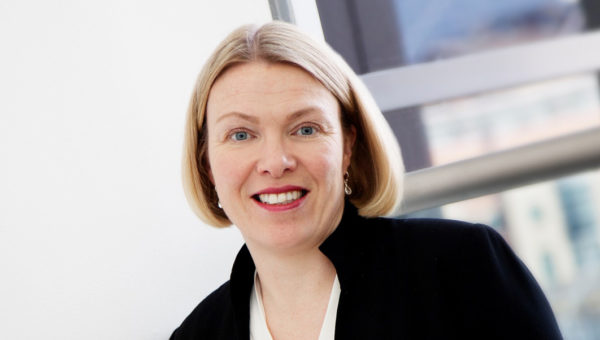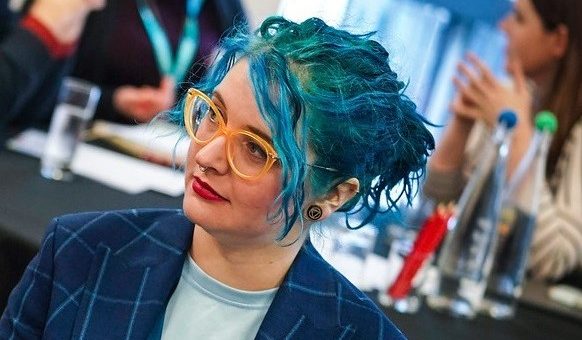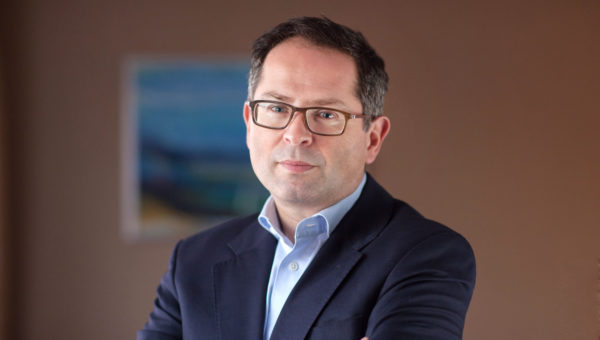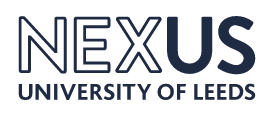The view from here – Stuart Clarke, Director, Leeds Digital Festival
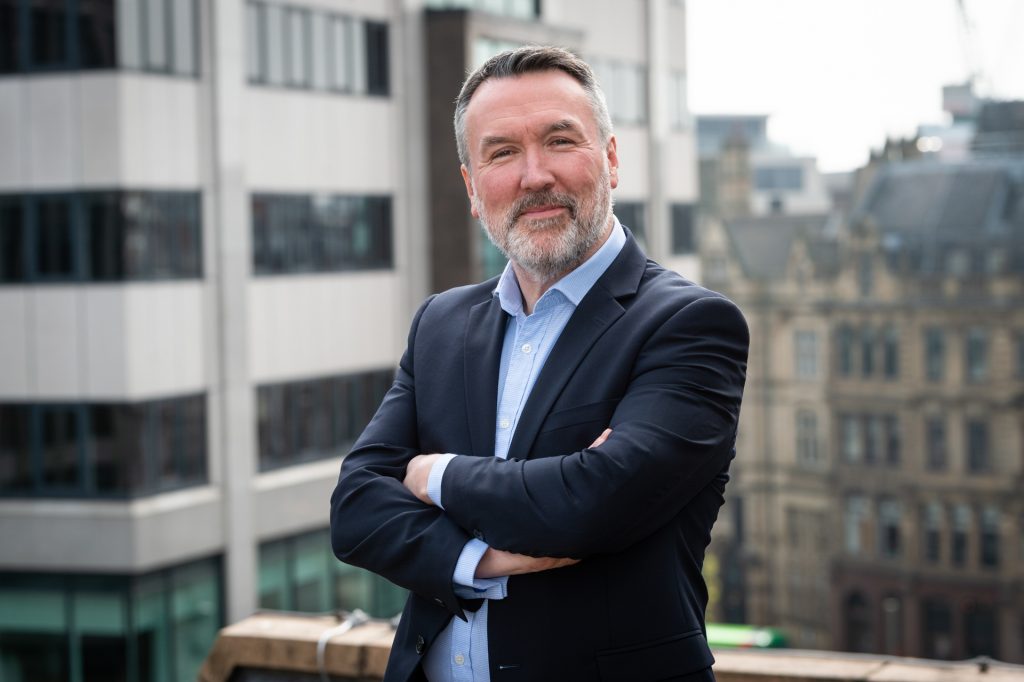
In this series we ask key figures in the region and from our core sectors to share their insights.
This time we spoke to the Director of Leeds Digital Festival, Stuart Clarke, about opportunities in tech across our region and why he thinks Leeds is the most collaborative city in the country.
Tell us about the Leeds Digital Festival (LDF) this year – how did it go under lockdown?
We had to postpone our usual physical Festival in April and held a quickly arranged virtual event with 134 events; a second Festival in September had 294 virtual events.
We did miss the physical meetings, the networking, the one-to-ones after the main debates, of course, but we held over 400 events across two Festivals and had attendees and speakers from over 60 countries – from Peru, to Vietnam, to Kazakhstan.
Feedback from our surveys and informally has been really positive and we’ve been able to share over 300 of the Festival sessions on our YouTube channel, so even more people and companies could join us.
We have grown from what was a group of enthusiastic volunteers running a handful of events into the largest tech event in the UK and I think that’s down to the open platform, not-for-profit nature of LDF. We celebrate digital culture in all its forms – so anyone can get involved, from the newest start-ups to tech giants.
In your experience are businesses embracing virtual events or missing actual interaction?
Our sector, of course, was able to switch swiftly into the virtual event world and we’ve learnt a lot. It’s easier, cheaper, and gives us the ability to push out much further to attract delegates internationally.
You can dial in from anywhere; no time consuming and costly flights and overnight accommodation and you can record the online meetings, so you can play back the bits you enjoyed most and which had most relevance to you and your business.
But – there are many people, who were initially lauding the benefits of working from home and saying they had done with office life, who are now saying ‘please let me back in!’ We all want to be part of a team and although tech solutions will continue to play a major role, flexible working environments like Nexus will be key to getting us back into the physical working environment when we can.
What is the digital landscape looking like in our region for job opportunities and business growth?
Tech is one of the few industries growing and creating jobs in Leeds currently and we need to encourage the flow of new talent into the sector as other industries, particularly in retail and hospitality, continue to suffer. The tech sector can act as a buffer to some of the harsh economic winds coming our way.
We work closely with the Ahead Partnership and Leeds Community Foundation and coding bootcamps such as North Coders to promote careers in digital. We want to encourage more tech firms to think outside the box when searching for new talent. In Leeds, we have excellent universities turning out thousands of highly skilled individuals every year, so there is a significant pool of recent graduates to recruit from. But we also want firms to consider the value of younger recruits, who might bring a more diverse range of skills and perspectives to a growing business. Their raw enthusiasm and vast experience of digital through social and gaming channels can bring incredible know-how and expertise to your team.
What is it about Leeds which makes it a successful innovation hub?
Leeds really is the most collaborative city in the country – people and firms here naturally ask the question: how can we help? When I talk to contacts and businesses in Manchester, Birmingham or Newcastle, they are surprised how competing companies come together for the greater good.
Five separate agencies in our region, for example, come together every year at the Leeds Digital Festival to collaborate on SEO initiatives – they know that through collaboration, they can make Leeds the search capital of the country. You don’t get that anywhere else.
What’s next for LDF?
Our next Festival is planned for April next year – so let’s see what life looks like then. It would be great to be able to host physical events, but virtual participation will continue to play a key role.
Hybrid events will reach a wider, international, audience and attract a more extensive and diverse range of speakers and participants.
LDF will continue to be a free event, which is vital if we are to be inclusive and accessible, involving students and start-up businesses. So sponsorship is critical to our success and we are incredibly grateful for the continued support of the University of Leeds, Leeds City Council, and the Leeds City Region LEP, as well as all of our other sponsors and partners such as Crisp, TPP and Channel 4.
Working together we’re helping to make Leeds the outstanding centre of digital excellence it is and a major contributor to our regional economy.
Stuart Clarke is director of PR and marketing consultancy Paceline, working alongside some of the fastest growing tech firms in the Leeds City Region.
Explore more insights from our ‘the view from here’ series:
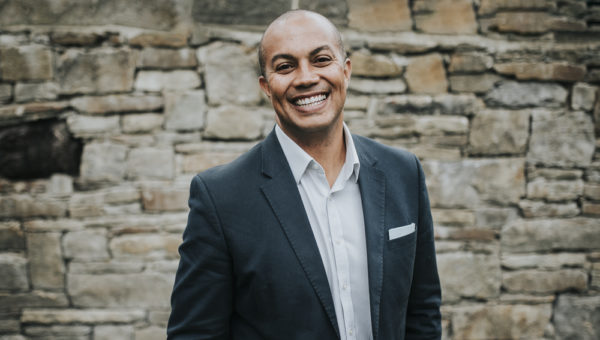
The view from here – Richard Stubbs, CEO of the Yorkshire & Humber AHSN
We speak to Richard from the Yorkshire & Humber Academic Health Science Network about the new traction for innovation across the NHS, his passion for driving diversity in healthcare and his mission for our region to be the UK’s epicentre for life sciences.

